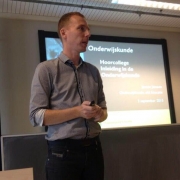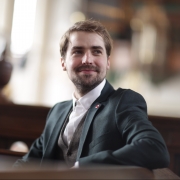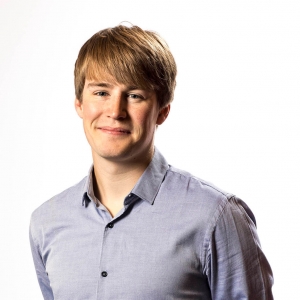
Lukas Ansteeg
Promovendus, Radboud Universiteit Nijmegen
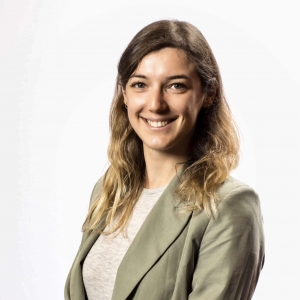
Peta Baxter
Promovendus, Radboud Universiteit Nijmegen
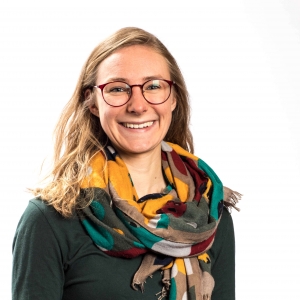
Randi Goertz
Promovendus, Radboud Universiteit Nijmegen
Sessie
The cognitive neuroscience of vocabulary learning
Can second language (L2) learners benefit from brain research? Cognitive neuroscience provides insights into the underlying brain mechanisms and structures that influence L2 word learning. However, many learning methods routinely used in classrooms are not informed by this knowledge. At the same time, neurocognitive experiments often poorly translate to educational environments.
Can we design neurocognitive research that clearly benefits L2 word learning in the classroom? How can we use the outcomes to create an optimal learning environment?
Some insights from cognitive neuroscience allow us to build computational models that adjust to individual learners. In software such as learning games or mobile apps, such models can personalize learning to each individual. We will discuss some examples of where we believe model-based learning can add to the learning experience – where it even outperforms teachers – and where it cannot.
We have recently started a new research project on vocabulary learning and are hoping for a discussion with the audience connecting this research with the reality of classrooms.
Meer info
Bio
Lukas Ansteeg
Lukas is a PhD candidate working on computational models for the mental lexicon in regard to L2 acquisition. Having received his B.Eng. in Game Design at Breda and his M.Sc. in Educational Technologies at Oxford, he is now pursuing his doctorate at the Donders Centre for Cognition at the Radboud University Nijmegen. His current project aims to take advantage of our understanding of mental lexical representation to design a learning method that teaches vocabulary in a personalized and intuitive way.
Peta Baxter
Peta is a PhD candidate at the Donders Institute for Cognition, Brain and Behaviour. Her work, funded by the ‘Nationaal Regieorgaan Onderwijsonderzoek’ (NRO), aims to determine how specific neurocognitive mechanisms of second language word learning can be integrated in a learning method for educational settings. Peta received her Ba in Multilingual Communication at the University of Geneva; and her Ma+MPhil in Language and Communication at Tilburg University. She is particularly interested in how scientific research outcomes can be put into practice in second language learning classrooms.
Randi Goertz
Randi is working on her PhD in Educational Neuroscience at the Donders Centre for Cognition in Nijmegen. Her project is part of the NeurolabNL consortium, funded by the Dutch National Research Agenda (NWA), which aims at developing optimal research-based learning conditions. In particular, she is interested in how changes in the neural structure during word learning can be used to provide autonomy during the learning process. Her background is in Cognitive Psychology (BSc) and Cognitive Neuroscience (MSc), which she both studied at the Radboud University in Nijmegen.
Downloads
Nog geen downloads beschikbaar




